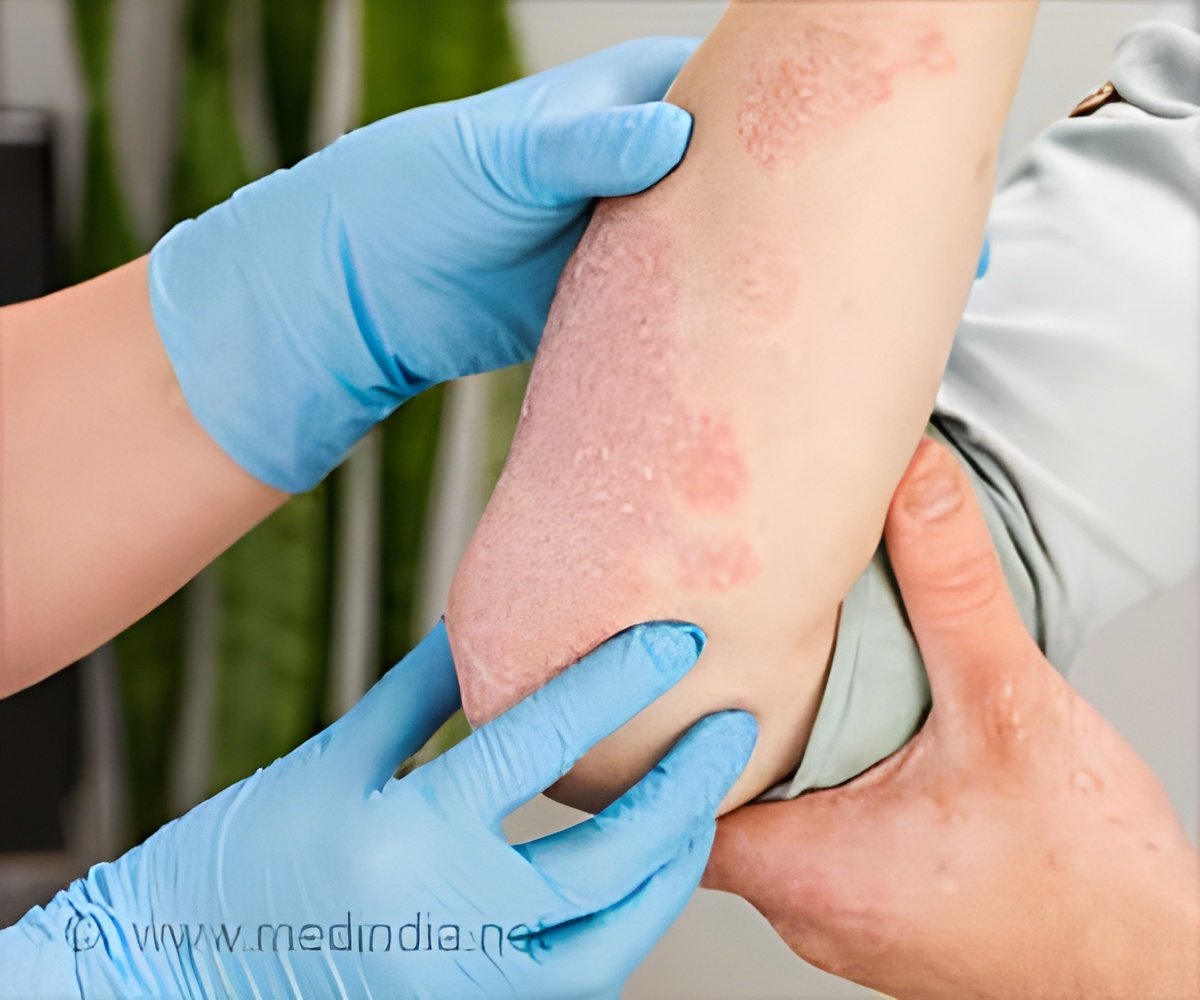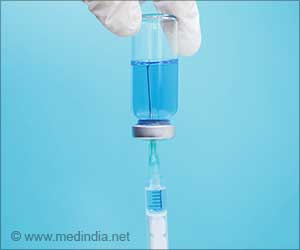Skin conditions like psoriasis can be treated with glycerine, that acts in 4 different stages to aid skin cells mature right in the presence of enzyme, phospholipase- D-2.

‘External application of glycerol and ingesting glycerol had noteworthy skin benefits in the presence of enzyme, phospholipase- D-2 to treat skin conditionslike psoriasis.’





Whether it is applied topically, or taken along with water, glycerine, helped psoriasis patients to calm the inflammation and itchy patches on the skin surface, Dr. Wendy Bollag, cell physiologist and skin researcher at the Medical College of Georgia and Charlie Norwood VA Medical Center and her colleagues report in the International Journal of Molecular Sciences.The studies present a closer view to the nicety aspects related to the usage of glycerol, for psoriasis. Glycerin helps healthier skin cells maturing, in 4 distinct stages, that results in a smooth, and securing skin layer.
“We have experimental data now to show what these patients with psoriasis are reporting,” says Bollag, who nearly 20 years ago first reported in the Journal of Investigative Dermatology that glycerin, a natural alcohol and water attractor known to help the skin look better, also safely helped it function better by helping skin cells mature properly.
Glycerin suppresses inflammation in the skin and regulates the function of keratinocytes, our major skin cell type. Glycerin enters the skin via a channel that is expressed in skin cells. Fats in the external cell membrane are converted to cell signals by an enzyme, which then converts glycerin to phosphatidylglycerol. Skin cells express a channel that allows glycerin to enter the skin.
To create an animal model for the new studies, they used imiquimod, a drug that is known to cause psoriasis-like plaques in humans who take it for genital warts and some skin cancers. The mice either drank the sweeter natural alcohol or had it applied topically by the scientists. The scientists report that glycerin helped reduce the development of the characteristic skin lesions in both cases, a finding that highlights the fact that glycerin improves skin condition in multiple ways.
Advertisement
External application of glycerin reduces the amount of hydrogen peroxide penetration into skin cells, preventing oxidative stress, even while inducting both glycerin and hydrogen peroxide at a time into the skin cells.
Advertisement
Source-Medindia









